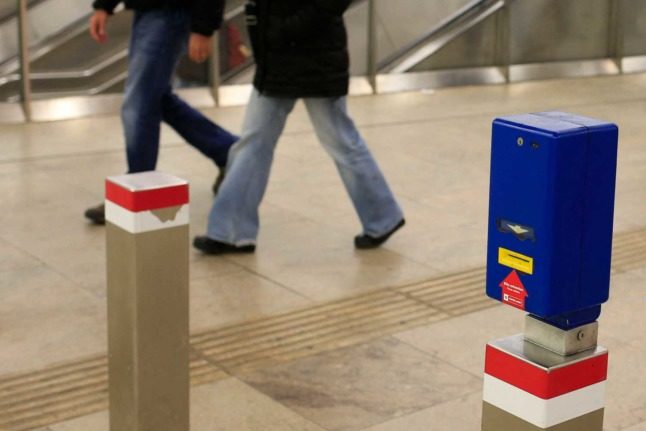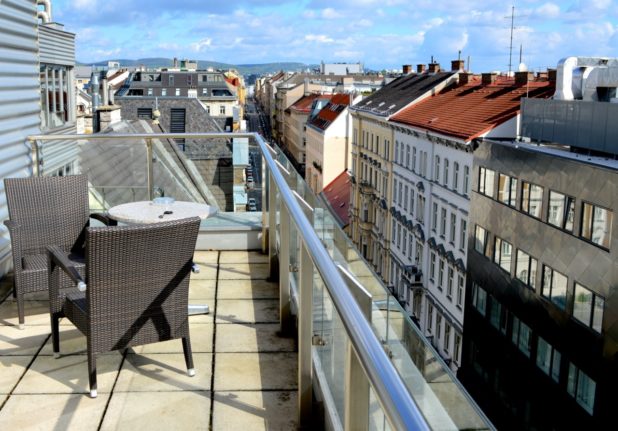Vienna transit company Wiener Linien said on Friday it had already begun phasing out the term ‘Schwarzfahren’ in order to avoid “misunderstandings”.
ÖBB, the company’s Austrian counterpart, said it would do the same.
In recent years, the term has become increasingly debated in Austria and Germany, with some saying it has a racist connotation.
Instead of using the term ‘riding black’, Austrian officials will use the literal ‘Fahrgästen ohne gültiges Ticket’ – meaning ‘passengers without a valid ticket’.
German Word of the Day: Schwarzfahren
“Language is a living thing and that is why the use of language changes again and again,” Wiener Linien said in a statement.
“In order to avoid any misunderstandings, we have been using the term ‘passengers without a valid ticket’ for a long time. However, there was no educational campaign.”
A similar debate has taken place in the German cities of Berlin and Munich, with both indicating they will also phase out the term.
(1/2) Die Münchner Verkehrsgesellschaft (MVG) und die Berliner Verkehrsbetriebe (BVG) haben das Wort „Schwarzfahren“ aus der internen und externen Kommunikation verbannt, um nicht in Rassismus-Verdacht zu geraten. https://t.co/S7UsP1a4Ci
— UEPO.de (@uepo_de) July 8, 2021
While a ticket on public transport in Vienna costs €2.40, the fine for riding without a ticket is €105 – rising to €145 if unpaid.
Does Schwarzfahren have a racist connotation?
While it appears the term’s days are numbered – at least in an official context – some debate whether the term actually has a racial connotation.
Eric Fuß, a German linguist, says the term does not relate to the word Schwarz – i.e. black – at all, but is instead a translation of a colloquial Yiddishism ‘shvarts’, which means poor or poverty.
365 Ticket: Everything you need to know about Vienna’s cheap annual metro pass
Fuß said the term had become common place to describe those who were too poor to buy a ticket.
This explanation has however been criticised by Jewish scholars, who argue that it means black in Yiddish and has a “dark or evil” connotation.
Lasst euch nichts von einem Germanistikprofessor erzählen, aber שווארץ (schwartz) bedeutet im Jiddischen das selbe wie im Deutschen: schwarz. Und je nach Kontext im Sinne von Dunkelheit, Bösem. Nirgends ist mir hingegen die Bedeutung von arm gegengekommen. pic.twitter.com/GtqeuL1Wqd
— יהודה Jehuda (@osaalfeld) July 8, 2021
In April 2021, the Black People Initiative in Germany (Initiative Schwarze Menschen in Deutschland) released a statement saying that regardless of the origin of the term, it now had a negative racist connotation and therefore should be replaced.
Tahir Della, a spokesperson for the group, told AFP that society must be sensitive to language changes – and what terms may come to mean in the present day.
“Even if fare dodging was not at all racist, the effect on those affected is that ‘black’ stands for something negative, for example crime or illegality.”



 Please whitelist us to continue reading.
Please whitelist us to continue reading.
Member comments